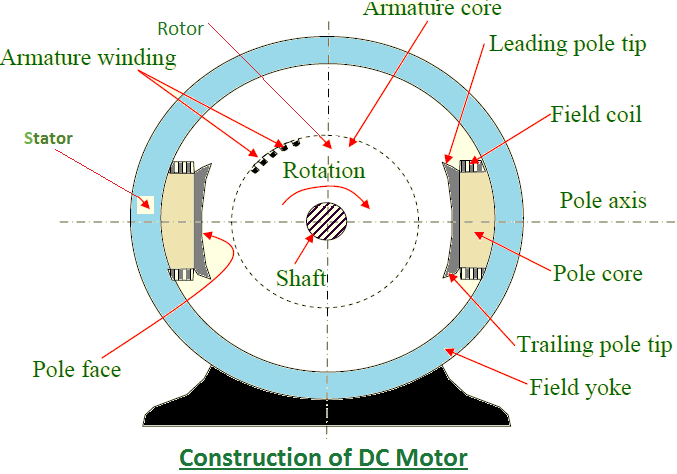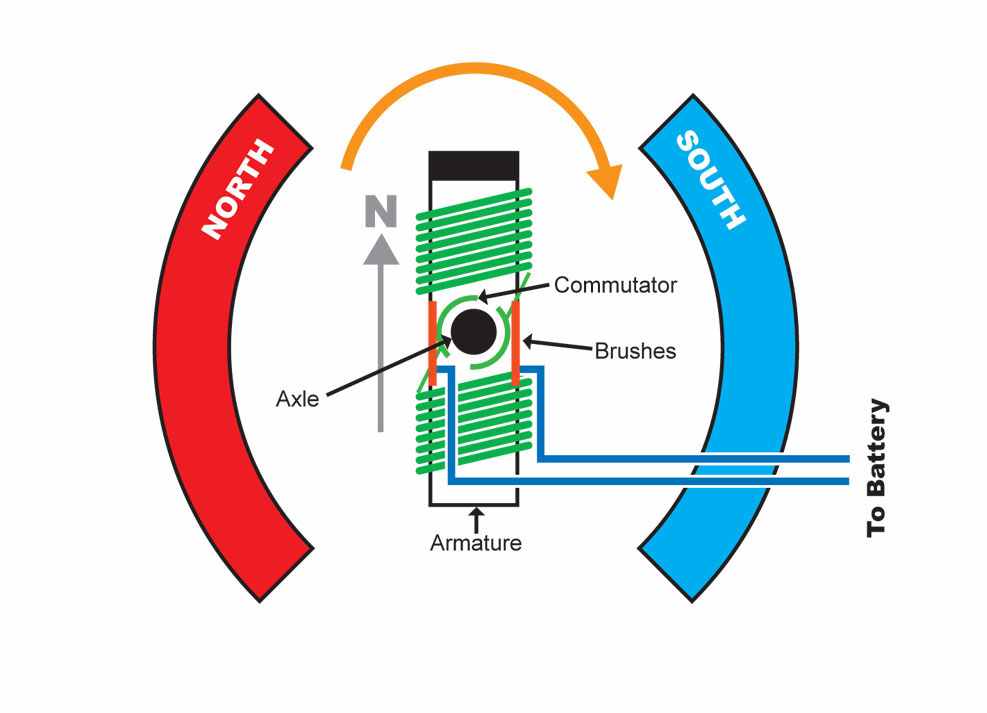Motor dc construction wound shunt working engineering electrical principal parts motors electric armature essencial detailed discussion let now do electronic Dc motor manufacturers Types of dc motor shunt series and compound wound motor circuit globe three general types of dc motors and schematic diagram
DC Motor: What Is It? How Does It Work? Types, Uses
Dc motor types ~ new tech Classification of self excited dc machines motor or generatorouredu Types of electrical motor
Dc motor diagram and constructional parts
Types of dc motorWonderful labelled diagram of dc motor 2006 chevy equinox aftermarket Classifications of dc machines : (dc motors and dc generatorsDc electrical motor types diagrams motors engineering various diagram portal electric basics symbols power saved.
Engineering photos,videos and articels (engineering search engineDc machines classifications classification motors generators winding field types diagram excited self series excitation their characteristics shunt according parallel separately Labelled draw components consists followingDc series motor lab report.

Basics of dc motors for electrical engineers – beginners
What is dc motor? diagram & workingGo kart Dc motor: what is it? how does it work? types, usesTypes engineering electronic electronics circuit.
What are the 10 different types of dc motorsDc motor Types of motorsElectric dc motor labeled diagram.

Types of dc motor & its applications
(1) draw a simple labelled diagram of a d.c. electric motor. (2) whatPrinciple byjus physics Connection reversDc motor types.
Motor brushed brushless motors work vs does commutator section armature engineering guide rc control standard articels engine search videos powerDc motor classification types excited self machines compound shunt series chart generator separately machine electrical detailed electrical4u magnet share short Motors classification synchronous electricity electricaltechnologyElectrical & electronic engineering bd: working principal of dc motor.

Electric motors: types, applications, construction, and benefits
.
.








